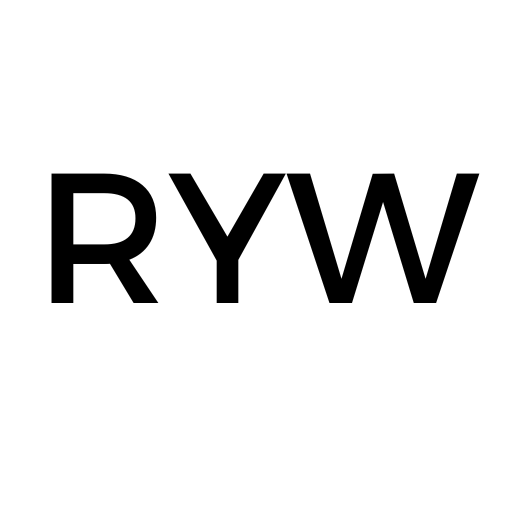
Do you know your writing process?
A lot of writers study either story structure on a macro level, or wordsmithing on a micro level, in order to improve their writing. I wholeheartedly endorse both endeavors. But what I’ve found interesting is how very few writers study their own writing process to see how to improve their writing. It seems tangential at best to them, or downright superfluous, but it can be a literal game changer.
When I help clients pin down their process, generally to improve productivity, boost creativity, or counteract burnout, these are the elements I look at.
Writing production elements
- How you come up with story ideas: how easy it is, how you capture and organize them.
- How you decide what story to work on.
- How you develop a story idea.
- How much prep time you need, and what that looks like: marinating vs. active prewriting/journaling vs. brainstorming with community.
- How much research you need.
- Where on the plotter/pantser spectrum you fall.
- Whether you prefer drafting or revising.
Technical/situational elements.
- Preferred time of day
- Preferred locations
- Preferred elements (writing with others around vs. writing alone, silence vs. music, etc.)
- Writing speed
- Writing cycle (slower, steady schedule vs. heavy burst and fallow periods)
- If the writing energizes you or exhausts you.
Now what?
You might wonder how any of this information is useful. It just is, like being right handed or having brown eyes, right?
Yes and no.
Knowing your process is key when you have problems. It’s a user manual that you can then troubleshoot with, adjusting what you can to get your story back on track or your productivity out of a slump (or recognizing if it truly is a slump or not.)
For example, you may be blocked on your latest project, unable to write for several weeks, and nothing seems to help… and you have no idea why. You just feel disconnected.
If it’s a production issue…
You could need more research.
If you’re a pantser, maybe you tried outlining this time, and your subconscious is feeling constrained and therefore locking you up like Fort Knox.
If you’re a plotter, you may have tried freewheeling it and now are lost.
You may simply need down time for ideation — and you may notice that previous projects have had similar “stuck” periods that you berated yourself for, not realizing that the pattern suggests this is part of your process.
If it’s a technical/situational issue…
It could be something like your work schedule changed so your optimal time of day isn’t available, and you’ve slowly worn your writing battery dead for the time being.
It could be that your writing buddy, the one you used to meet on Fridays at the local cafe, moved away and now you find yourself circling unproductively without your “body double.” (An ADHD term that really does impact productivity.)
Your spouse may now be working from home, interrupting and playing loud music when you need quiet.
Identify the issue = find solution.
There may not be a perfect answer, but at least you can start addressing the root of the problem, rather than spinning around in circles or beating yourself up emotionally for not producing.
As you learn, you can also lean into your ideals, where possible, to improve your results. You can tweak your environment and schedule, where possible, to improve your word count and your speed. You can ask your spouse not to interrupt you during scheduled times or get noise-canceling headphones. Or you can know when to research earlier, or when to deliberately take days off to marinate.
What would you want in a writing course?
I have been developing a course around my Rock Your Writing system, to help writers have some foundational skills as they discover their process. It does encompass basic concepts like GMC and my eight plot point approach, but does so in a way that can be tailored to pantser or plotter. It will also cover how to approach revisions, especially when they seem messy.
Is there anything else you’d like to see in a course like this? I’m just buttoning it up, but if there are issues you feel need further explanation, I’d love to hear it.
Thanks, and talk to you soon!
